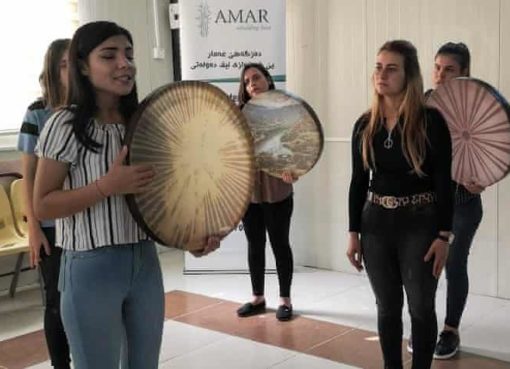INTRODUCTION
- This report summarizes key findings and recommendations from a remote technical assistance (TA) assignment performed by a short-term expert (STX), Mr. Djamel Bouhabel, from January 17 to February 4, 2021, to the General Customs Authority of Iraq (GCA). The main objective of the TA was to advise GCA on the development and effective application of customs assessment processes based on international standards and best practices.
- The tasks to be addressed were: • Review the implications of the following elements on customs’ assessment processes that regulate the determination of origin, tariff classification and valuation: legal framework, organizational issues, management, information and communications technology (ICT), standard operation procedures (SOP), and training and trader’s enlightenment,
- Advice on the development and effective application of customs assessment processes based on international standards and best practices.
- Draft inputs to a strategic plan regarding assessment processes.
- Identify any further technical assistance (TA) that would be beneficial in relation to valuation, rules of origin, and tariff classification).
- This report consists of five sections: (i) Current situation, (ii) TA Provided, (iii) Key findings, (iv) Other issues, and (v) Recommendations and next steps. It was produced based on a desk review of available information and discussion with each concerned department of GCA. The information obtained by the STX is limited largely because of inadequate data availability: GCA apparently has difficulty to benefit from ICT support in compiling data
CURRENT SITUATION
- Since late 2015, and in response to the sharp drop in global oil prices, Iraq has undertaken several reform initiatives to diversify the economy and increase the effectiveness of non-oil revenue collection. In October 2020, the Iraqi government released a new roadmap (the white paper), detailing new series of economic and financial reforms. Improving budget efficiency and spending, creating new economic opportunities, broadening the tax base, and improving
revenue administrations are among the most important measures the Iraqi government wants to implement.
- The Iraqi revenue system is based on two main sources, extractive industries (mainly petroleum), income taxes and customs. Those sources represent at least 98 percent of total government revenue. As shown in Figure 1, customs duties, which is the only duty and tax collected by GCA, represent merely 1.5 percent1 of total government revenue, and they are also minuscule compared to the size of imports (around USD 36 billion 2 ). The effective tariff rate is under 2.6 percent while the average tariff rate is 10 percent, 3 indicating potential for significant improvement.
To continue reading download the full report








Comment here